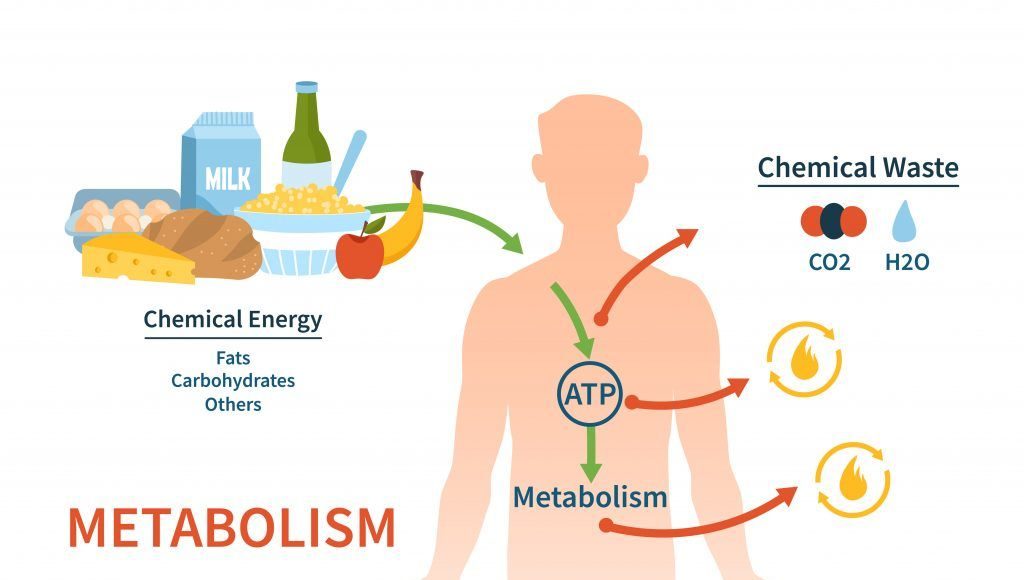Modern research continues to uncover how various biological pathways influence the way the body manages energy, stores fat, and regulates appetite. As scientists explore new compounds that interact with these pathways, fresh insights are emerging about how metabolism can be supported more efficiently. These findings highlight mechanisms that may enhance fat breakdown, improve energy balance, and contribute to more stable weight regulation. By understanding how these compounds work within the body, researchers can better evaluate their potential impact on metabolic health and overall physiological function.
Understanding How the Body Regulates Weight
Understanding how the body regulates weight requires looking at several interconnected systems that manage energy intake, fat storage, and overall metabolic efficiency. Hormonal signals, nutrient availability, and cellular communication all play important roles in determining how the body decides when to burn or store energy. Researchers often study different compounds to better understand how they influence these pathways and how certain mechanisms may be optimized to support healthier weight control. Within this field of study, topics such as hgh fragment 176-191 dosage are sometimes examined to observe how specific concentrations may interact with metabolic processes. Although every compound functions differently, many investigations focus on identifying the signals that promote fat breakdown, regulate appetite, or support more balanced energy use. By examining these biological factors together, scientists gain clearer insight into how weight regulation works and what may contribute to improved stability in long-term metabolic health.
Key Hormones and Signals Involved in Metabolism
Key hormones and internal signaling pathways play a major role in determining how efficiently the body uses, stores, and releases energy. Among the most influential are those that regulate hunger, satiety, blood sugar levels, and fat metabolism. Signals such as insulin, ghrelin, and leptin help coordinate when the body should conserve energy and when it should shift toward breaking down stored reserves. Other pathways, including those related to thyroid function and stress responses, can influence metabolic speed and overall energy output. When these systems work in harmony, the body maintains a stable balance between intake and expenditure. However, when certain signals become disrupted, it may lead to slower metabolism, reduced energy, or increased fat storage. By studying these hormonal interactions, researchers can better understand the biological foundations of weight management and identify which mechanisms have the greatest influence on long-term metabolic health.

Lifestyle Factors That Support Metabolic Balance
Lifestyle factors play a significant role in maintaining metabolic balance, often influencing the body just as strongly as internal biological signals. Regular physical activity supports efficient energy use, improves circulation, and helps maintain muscle mass, which naturally boosts metabolic function. Consistent sleep patterns also contribute to healthier hormonal regulation, allowing the body to recover properly and reducing the likelihood of cravings or energy fluctuations. Nutrition plays a central role as well; balanced meals that include adequate protein, healthy fats, and micronutrients help stabilize blood sugar and support steady energy levels throughout the day. Stress management is another key element, since elevated stress hormones can disrupt appetite signals and slow metabolic efficiency over time. Even hydration and daily movement habits contribute to smoother metabolic function. When these lifestyle components work together, they create an environment that supports healthy energy balance and more stable long-term weight regulation.
Future Directions in Weight Regulation Research
Future research in weight regulation is moving toward a deeper understanding of how individual biological differences shape metabolic responses. Scientists are exploring how genetics, gut microbiome composition, and personalized nutritional needs influence long-term energy balance. Emerging studies also focus on identifying new compounds and pathways that may help support more efficient fat utilization or improve appetite control. Advancements in technology, including improved imaging and molecular analysis tools, allow researchers to observe metabolic processes with greater precision than ever before. As these discoveries accumulate, the field is gradually shifting toward more tailored, targeted approaches that consider each person’s unique physiology. This direction may lead to more effective strategies for maintaining stable weight and supporting overall metabolic health.
Conclusion
In conclusion, understanding weight regulation requires looking at how internal signals, lifestyle choices, and emerging scientific findings all interact to shape metabolic health. As research continues to evolve, new insights are helping clarify which factors most strongly influence energy balance and long-term stability. By examining these mechanisms together, scientists can better identify strategies that support healthier outcomes and pave the way for more informed approaches to managing weight and overall well-being.







